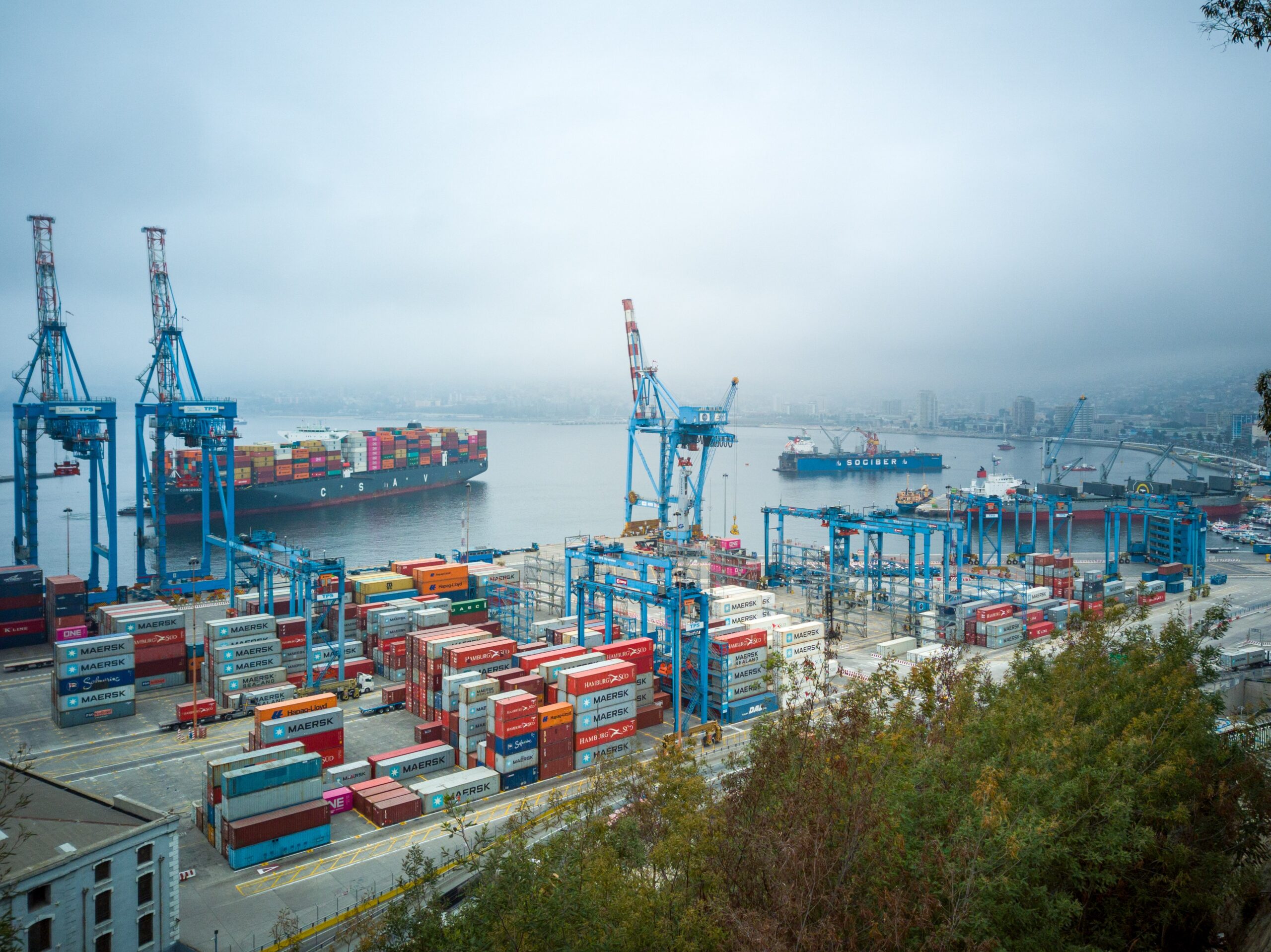Solving Quality and Compliance in a Distributed Supply Chain
Scroll to find out more
Scroll to find out more

In a globalised marketplace, where companies design, order and sell goods over fast geographic distances, maintaining control over compliance and quality is one of the largest challenges facing businesses. Achieving trust, reliability and transparency is a key part of delivering for customers, regulators and shareholders, but many businesses lack the tools to build true accountability.
With supply chains becoming increasingly digital, modern tools and data-driven approaches have a key role to play in maintaining a high level of quality and compliance in the supply chain, reducing risk for businesses and consumers alike. To understand the impact these tools are having on the front lines of supply chains, we spoke to Jacob Nedergaard, Co-Founder at Qarma, a digital platform for quality inspections, supplier audits and product compliance documentation, and a Zencargo partner, on our podcast Freight to the Point.
In the context of the supply chain, quality refers to maintaining the high standards expected of a product from its manufacturing phase to the point it reaches the end consumer. At its most basic, it means ensuring the product matches or surpasses the standards set by your organisation for what customers expect. Compliance, on the other hand, refers to meeting all legal and regulatory requirements that pertain to the production, distribution, and selling of a product.
Both areas have become more demanding in recent years, with companies being pushed to account for labour practices, product safety and environmental standards in their production. Quality issues, meanwhile, remain a key determiner of customer loyalty and retention, with consumers able to share their opinions on quality on social media to a wide audience.
For brands working globally with a wide network of partners, languages and workflows in place, the risks of falling behind on quality and compliance are serious and all too easy to slip into, including:
While the ideal is there should be zero issues in the supply chain, in practical terms, risk will always exist. The difference in how it impacts is how soon the shipper can catch the issue.
For example, catching an issue in factory enables manufacturers to solve the issue at origin, before shipping and warehousing have been paid, or companies can hope to fix it at destination when it arrives. The biggest risk is that a faulty or non-compliant product makes it to market, impacting customer experience and brand reputation, once it’s out of their control.
Today, brands often work with a wide network of suppliers, some of whom they may engage with directly, while others may be subcontracted or partners of partners. In these complex networks, manual methods of quality and compliance like manual inspections and audits can become laborious, time-consuming, and are often prone to errors at scale.
Tools such as Qarma aim to digitise quality checks and compliance audits, enabling businesses to monitor processes in real-time, identify issues promptly, and make informed decisions. “We try to go as deep into the supply chain and into the production to help customers or brands and retailers really check the products, make sure that what they order is actually what they get from suppliers as early as possible.” explains Jacob.
The goal of Qarma is to empower a bottom up approach from inspections and manufacturers on the ground while aligning with top down policies, leveraging digital tools and tracking to create a centralised, trackable, efficient quality and compliance service.
Supply chain management is increasingly dependent on digital ecosystems that connect physical organisations with the data they need to function efficiently. However, to be a workable solution to the challenges of quality and assurance, processes need to account for the reality of how distributed organisations work.
While a top-down from the management level may set the strategy, goals and policies for the system, without the right tools and processes on the ground, there’s little chance of success. Digital tools for quality and compliance need to be beneficial for the users to drive adoption rates and enable stakeholders to take ownership over the processes they manage, and share information with their partners.
The advantage of a digital solution such as Qarma is the ability to integrate with other core elements of the supply chain, including Zencargo’s own supply chain management platform, providing valuable context for logistics and supply chain managers to understand the status and shipments to make decisions and prioritise shipments, catching issues before products move and keeping the customer promise for quality and compliance.
To find out more about how the right technology and support can support performance across your business, book a consultation with one of our team today.